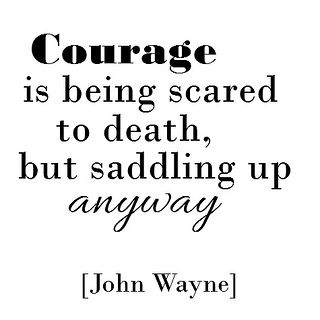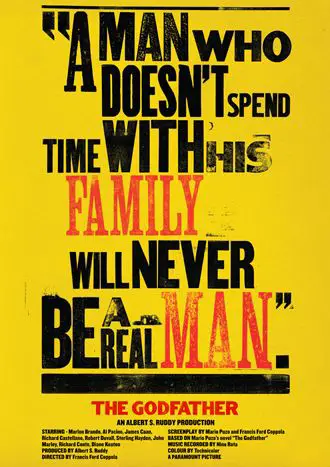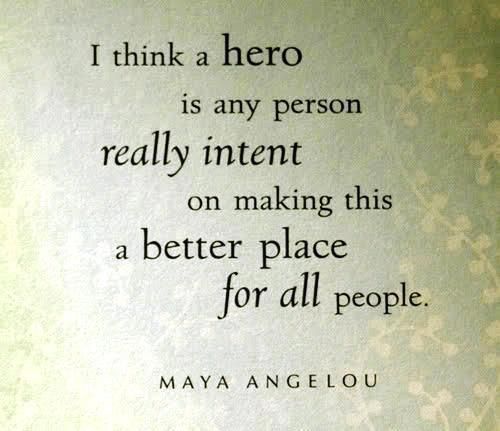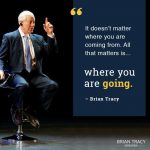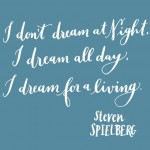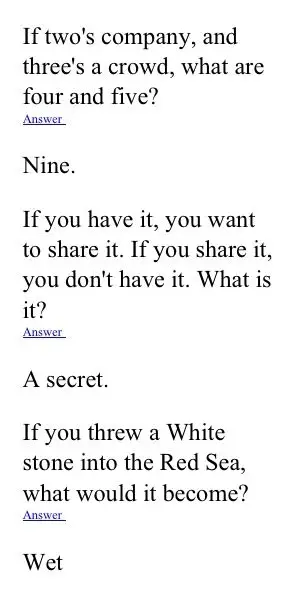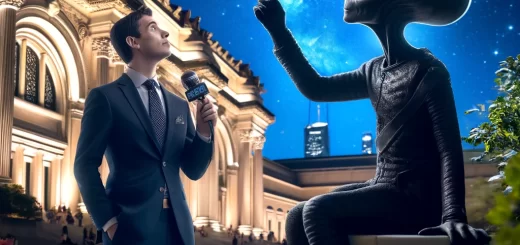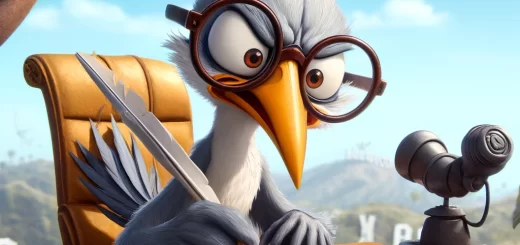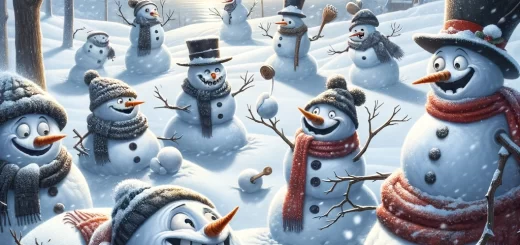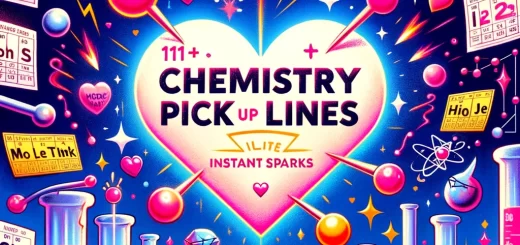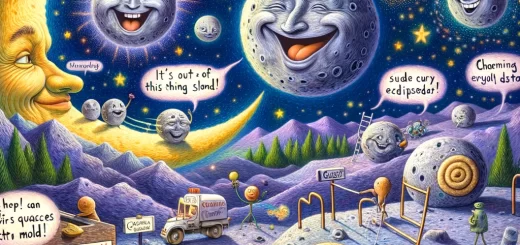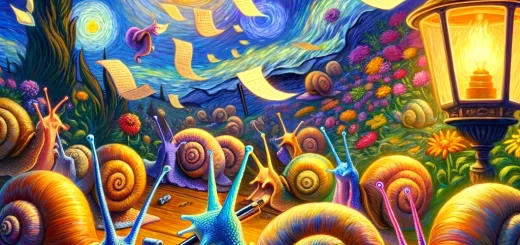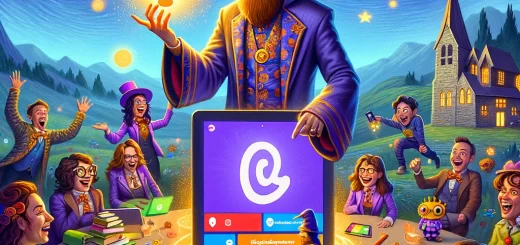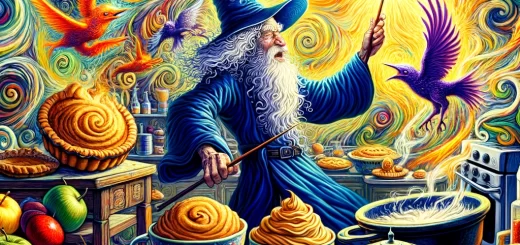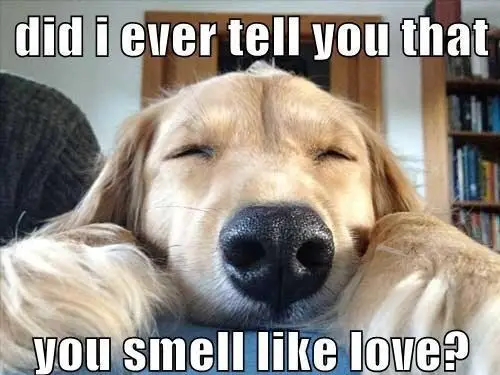75 Top Al Pacino Quotes
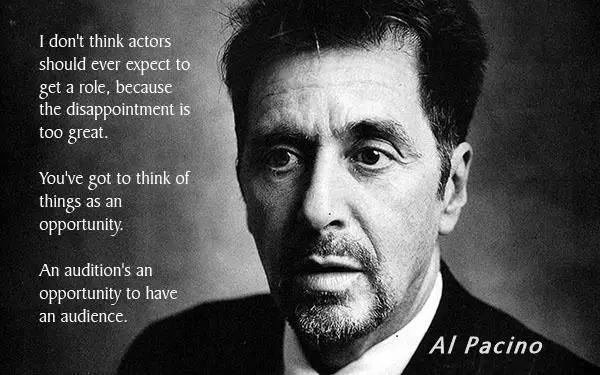
Enjoy the best of Al Pacino quotes. Movie Quotes by Al Pacino, American Actor.
Table Of Contents
Al Pacino Movie Quotes
I’ve learned that time does not heal the wound. It will, though, in its most merciful way, blunt the edge ever so slightly. Al Pacino Quote from 88 Minutes (2007)
This guy crossed the line and didn’t even blink. Al Pacino Quote from Insomnia (2002)
You’re outta order. You’re outta order. This whole trial is outta order. Al Pacino Quote from …And Justice For All (1979)
Check Out 33 Really Funny Riddles And Answers You Need To Know
You’d better look into it, because I’m getting two things: pissed off and curious. Al Pacino Quote from The Insider (1999)
On any given Sunday you’re gonna win or you’re gonna lose. The point is – can you win or lose like a man? Al Pacino Quote from Any Given Sunday (1999)
It’s like you said. All I am is what I’m going after. Al Pacino Quote from Heat (1995)
You wanna fuck with me? Okay. You wanna play rough? Okay. Say hello to my little friend! [He shoots] Al Pacino Quote from Scarface (1983)
Check Out 17 Big Lebowski Quotes That Will Make You Laugh
You sharpen the human appetite to the point where it can split atoms with its desire; you build egos the size of cathedrals; fiber-optically connect the world to every eager impulse; grease even the dullest dreams with these dollar-green, gold-plated fantasies, until every human becomes an aspiring emperor, becomes his own God… and where can you go from there? Al Pacino Quote from Devil’s Advocate (1997)
You are in no position to disagree. I’ve got a loaded .45; you got pimples. Al Pacino Quote from Scent Of A Woman (1992)
Share these Al Pacino movie quotes with your friends
I subscribe to the law of contrary public opinion: if everyone thinks one thing, then I say bet the other way. Al Pacino Quote from Glengarry Glen Ross (1992)
You think you’re big time, you gonna f****** die big time. Here comes the pain. Al Pacino Quote from Carlito’s Way (1993)
What you lookin’ at? You all a bunch of fuckin’ assholes. You know why? You don’t have the guts to be what you wanna be? You need people like me. You need people like me so you can point your fuckin’ fingers and say, “That’s the bad guy.” So… what that make you? Good? You’re not good. You just know how to hide, how to lie. Me, I don’t have that problem. Me, I always tell the truth. Even when I lie. So say good night to the bad guy! Come on. The last time you gonna see a bad guy like this again, let me tell you. Come on. Make way for the bad guy. There’s a bad guy comin’ through! Better get outta his way! Al Pacino Quote from Scarface (1983)
Al Pacino Godfather Quotes
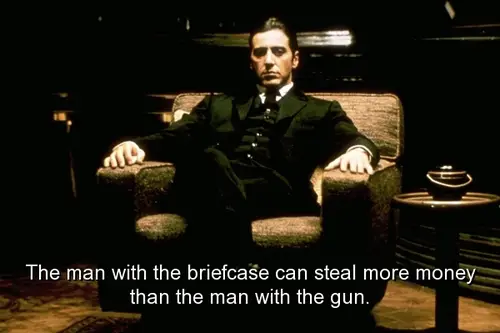
These Al Pacino Godfather quotes were taken from this site.
It’s not personal, Sonny. It’s strictly business.
Never hate your enemies. It affects your judgment.
Ah, that little farce you played with my sister. You think that would fool a Corleone?
Get him a drink. Don’t be afraid, Carlo. Come on, you think I’d make my sister a widow? I’m godfather to your son.
Check Out 31 Best Halloween Jokes That Will Scare You
Fredo, you’re my older brother, and I love you. But don’t ever take sides with anyone against the Family again. Ever.
There are many things my father taught me here in this room. He taught me: keep your friends close, but your enemies closer.
Just when I thought that I was out they pull me back in.
My father held a gun to his head, and my father assured the bandleader that either his signature or his brains would be on the contract.
Don’t tell me you’re innocent. Because it insults my intelligence and makes me very angry.
Al Pacino Personal Quotes
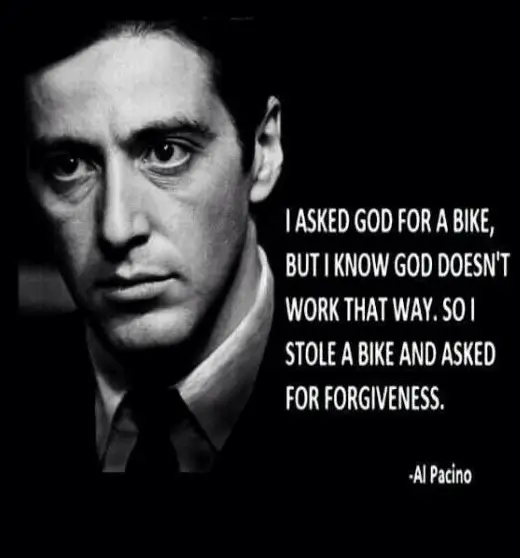
[on Julie Christie] The most poetic of actresses.
He who persists at his folly will one day be wise.
I hope the perception is that I’m an actor, I never intended to be a movie star.
[on The Godfather trilogy] A long, awful, tiring story.
Check Out 15 Raising Arizona Quotes That Will Make You Watch That Awesome Movie
I recommend watching “The Dresser”. It’s a great movie if you want to know about actors.
Did you know I started out as a stand-up comic? People don’t believe me when I tell them.
I hope the perception is that I’m an actor, I never intended to be a movie star.
An actor with too much money will usually find a way to get rid of it.
Check Out Some Funny Money Jokes
The first thing that comes to mind about “Sea of Love”? Ellen Barkin’s body.
The actor becomes an emotional athlete. The process is painful — my personal life suffers.
[on whether acting and his roles reflected who he is] In the end you’re just playing a role.
People always said that time, the ’70s, was about pretty boys, and then I came along!
Share these famous Al Pacino quotes on social media
[on rejecting the role of John McClane in “Die Hard”] I gave that boy [Bruce Willis] a career.
But I was just lucky. People like [Francis Ford Coppola] were making films, and I got opportunities.
I can’t say I’ve been sober though. I don’t like that word. What does it mean? ‘Sober! He’s very sober’.
I asked God for a bike, but I know God doesn’t work that way. So I stole a bike and asked for forgiveness.
I am a dancer, but I don’t think I would be on “Dancing with the Stars” mainly because I would be too shy.
Al Pacino Speech Any Given Sunday
Check out video with Al Pacino Speech Any Given Sunday
Browse a huge selection of Al Pacino movies at Amazon.com
There are times when I have a temperament. Yes, my temperament is there … but I hope I’m gentle. Yes, I think I am.
My first language was shy. It’s only by having been thrust into the limelight that I have learned to cope with my shyness.
[on turning down the part of Han Solo in “Star Wars”] That role was mine for the taking but I couldn’t understand the script.
[on his acting teacher Lee Strasberg] Someone said to him: ‘Oh, I know you.’ He replied: ‘You know my name. You don’t know me’.
The problem with me is, I guess, the way I express myself, you have to be with me 50 years before you can get a sense of what I’m talking about.
I’m constantly striving to break through to something new. You try to maintain a neutral approach to your work, and not be too hard on yourself.
I guess you find yourself repeating certain motifs. But at the heart of it all, I’m an actor, always looking for a role. And then you try to make things fresh.
My dad was in the army. World War II. He got his college education from the army. After World War II he became an insurance salesman. Really, I didn’t know my dad very well.
In America most everybody who’s Italian is half Italian. Except me. I’m all Italian. I’m mostly Sicilian, and I have a little bit of Neapolitan in me. You get your full dose with me.
I like what Norman Mailer said about alcohol: ‘Drink has killed a lot of my brain cells and I think I would have been a better writer without it, but it would be one less way to relax.’
[on being in Dublin, Ireland] I always feel so at home here, it’s great. In fact, I just want to do a movie here so then I could really stay for a while, get around and see it, and be a part of it.
The only problem is, I don’t have the appetite to make my own pictures. I don’t want to direct. So I’m always in a kind of passive position, waiting for someone to come to me with a project… That I sort of don’t like.
Want to know more about Al Pacino? Then check out some books about him
I don’t understand the hatred and fear of gays and bisexuals and lesbians…it’s a concept I honestly cannot grasp. To me, it’s not who you love…a man, a woman, what have you…it’s the fact THAT you love. That is all that truly matters.
I’m single and I don’t particularly like it. I’m certainly the kind of person who prefers … it … it … It’s good to have someone in your life that you’re going through this thing with. It’s good. That’s a thing in life that I aspire to.
[on people considering him a legend] I’m very flattered to hear that, that compliment. I don’t think of myself as anything but an actor struggling to find the next role and when I do get the role to try and see if I can find any way into it.
[on Johnny Depp] — Johnny is one of the greatest actors of his generation. He has incredible instincts. He’s able to put himself into the head of his character and vary his level according to the needs of each scene. That’s a very rare gift.
[When asked what a movie of his life would be called and who would play him] It would be called ‘The Dustin Hoffman Story’. When we were starting out, [Robert De Niro], me and Hoffman were always sort of mixed up. People mistook us for each other.
[on his friend and “Heat” co-star Robert De Niro] We know each other’s minds. We have shared some things that are personal to us, such as our roles. I know Bobby through his roles. But, then, I don’t think we actually talked about the actual work of actors.
[on directing] I have worked with many great film directors and seen that there is a level of film-making that I can never get to so I don’t even bother. I just enjoy engaging in film as an amateur. I don’t have the pressure of having to deliver. I am off the hook.
I’m the same now as I’ve always been – sort of a recluse. People resent me for remaining myself when they think I should be acting like a superstar. I never wanted to be an actor and I don’t particularly enjoy it. I have to act. There just isn’t anything else for me.
[quoted by Robert Osborne in “Academy Awards 1974 Oscar Annual”] I couldn’t exist just doing films. But on the other hand, there is the fame that comes with it, and the money. My problem is I still want to play Hamlet in some little theater somewhere, and time is running out.
[on working with Marlon Brando in “The Godfather”] I loved him. He was such a sensitive person. He saw the difficulties I was having and I think he saw a little of himself when he was young. I was in awe. I remember once he came up behind me and gave me a little massage. ‘You okay?’ he’d say.
That’s right! That’s right! We know the best feeling in the world is the one between the second and third martini. That was my deal. I just enjoyed who I became when I was drinking, so that was something hard to break. I became much quieter, and funny. I must say, that kind of thing came out.
[on the tough neighborhood he grew up in] They used to call it Fort Apache – the 41st Precinct. But that was the start of the heroin thing. Around 1948 that’s when the drugs came into New York. That’s when the trouble started. Of all my dearest, closest friends from that time, none of them survived.
[When asked what romantic character he would want to be] [Pablo Picasso]. I love the idea that he used to just sit and stare at an empty canvas for as long as 12 hours straight. If you keep staring at the canvas, the hope is that something or someone will come to mind. That’s a romantic notion in itself.
Gary Cooper was kind of a phenomenon – his ability to take something and elevate it, give it such dignity. One of the great presences. Charles Laughton was my favorite. Jack Nicholson has that kind of persona; he’s also a fine actor. Robert Mitchum’s great. Lee Marvin, too. These guys are terrific actors.
After every movie, Humphrey Bogart — even at the end — was very worried he’d never get another part. If you don’t get the job, there’s no work, there’s no outlet, there’s no expression, there’s no painting. You just live and hope that another day will come with a role that will serve as a canvas for you.
[on Jack Lemmon] Jack was the most selfless actor I’ve ever worked with. He was the most considerate and the most generous. He cared a great deal about what he was doing. He was a complete actor who gave 150 percent. But the remarkable thing about Jack was that he kept growing. So his best work was his latest work.
When I try to explain anything I always end up trying to be right usually, but not truthful necessarily. Trying to give the right answer or what I think is the right answer. It’s a human instinct. You try to be as clever as you can be. You’re trying to come off like you really know what the hell’s going on, when you don’t!
I was smoking at nine and smoking a pipe by 12… well, I was dramatic. The cop on the beat used to buy us booze when I was 13 and 14. He was a great guy. He would say, ‘Have a little of this’, and he would keep a watch on us. I don’t know that it would be politically correct but he is not working anymore and is long retired.
[on “Heat”] I remember chasing Bobby De Niro around at 3 a.m. I didn’t warm up and boom, there went my hamstring. I was like, “Great, I feel like old Al.” Then I realized, “I AM old Al.” I guess I have to keep in shape as I get older. But I don’t like to work out. Whenever I get the urge to exercise, I lie down until it passes.
[on “Scarface”] We couldn’t show our faces after it opened. I was at a party after a screening at Sardi’s. I walked in and the faces looked like those in a wax museum. People were sitting so still. Liza Minnelli was there. She hadn’t seen the movie. She came up to me and said: ‘What did you do to these people?’ And yet it survived.
[on the casting of Michael Corleone in “The Godfather”] Francis [Ford Coppola] knew I could do the part, and so did I. But he kept asking me to test again and again. I didn’t want to go. I don’t go where I’m not wanted. Once I got the role, I was waking up at four or five in the morning and going into the kitchen to brood over [it].
[on making “The Godfather”] Every time I’d run into Marlon Brando on set, my face would turn red and I’d start laughing…have you any idea what it was like to do a scene with Brando? I sat in movie houses when I was a kid watching Brando in “A Streetcar Named Desire” and “Viva Zapata!”. Now I’m playing a scene with him. He’s God, man!
The most popular movie I’ve ever made is “Scarface”, all over the world. It’s amazing to me. It’s wonderful. We sometimes forget that it was Oliver Stone who wrote it. He is a political creature, and I think that is an undercurrent in the movie. And the combination of him and Brian De Palma made for this kind of fusion or explosion. It worked.
(1979, Playboy Magazine) Bang the Drum Slowly is my all-time-favorite film. I saw that three or four times. I’d like to go see it again. The baseball motif, the quality of the relationship between Moriarty and De Niro, is beautiful. Maybe I relate to it because I wanted to be a baseball player. For some reason, people don’t talk about that movie.
[on one’s career] I think that the idea of resurgence is wonderful. But basically I think it’s just luck. Also, if you start to say, ‘How about if I made a movie with this person who is really a good director?’ or ‘How about if I did a movie about something that I feel I’ve got something to say about?’ These things happen and I feel you’re lucky when it happens.
It surprised me, the feeling I got when I won the Oscar for “Scent of a Woman”. It was a new feeling. I’d never felt it. I don’t see my Oscar much now. But when I first got it, there was a feeling for weeks afterward that I guess is akin to winning a gold medal in the Olympics. It’s like you’ve won a race and everybody knows you won. It’s a wonderful feeling, a complete feeling.
[Presenting the Lifetime of Achievement Award to director Sidney Lumet at the 2005 Academy Awards] As an old village poet put it to me in the 1960s. [If you dig it, it’s yours]. I dug Sidney Lumet back then. I dig him now because what he had to give, I took and made it mine. I’m forever grateful along with all the other actors and writers who have benefited from Sidney’s genius.
[on why his film “Chinese Coffee” has yet to be released] ‘Coffee’ is done, I got a couple of little important things to do about it, like little tiny things, and THEN I will unveil it. It’s not a movie that you put in a . . . it needs a certain environment to flourish in. It’s just the way it is. It doesn’t make it better or worse than the picture. It’s just the way it is, the nature of it.
I’ll tell you something. And this is a fact. When I was doing “Scarface”, I remember being in love at that time. One of the few times in my life. And I was so glad it was at that time. I would come home and she would tell me about her life that day and all her problems and I remember saying to her, ‘Look, you really got me through this picture’, because I would shed everything when I came home.
[on being offered the part of Michael Corleone in “The Godfather”] Naturally my first thought was: ‘I can’t play that. It’s a really hard part. Can’t I play Sonny? That’s a good part.’ Then all this screen testing began. It was the Scarlett O’Hara of its day. Francis put that cast together and they okayed everybody except for me and Marlon Brando. Finally, they okayed Marlon. ‘But this kid? No way!’
With young actors I learn from them, just as hopefully I always will. If I were to advise them in some way, I would say this is a craft that you just have to keep doing. Do it whenever you can and you shouldn’t spend too much time dealing with the fact that there’s a world out there with a lot of competition. You have to educate yourself. You have to read. You have to see things that are inspiring to you.
One hopes to find out about the [movie] you’re in while you’re doing it, not several years later, which is usually when I find out. I’m like, ‘Wow, that was a dud! I didn’t know, nobody would tell me!’ I’ve done things for certain reasons, but it [comes from] thinking on your feet… Sometimes actors do things not because we have a great desire [for it], but because it’s work, and I’m starting to wonder about that.
[on his friend and “Heat” co-star Robert De Niro] I remember seeing things that Bob had done in the past, and very recent times, and have been taken with the work so much that I even wrote [him] about it. Some of his great work — which is plenty — I was staggered by the subtlety of his portrayal and the warmth, which is what we often talk about with Bob among us actors who admire him so. It is the warmth and the way he approaches things.
[on becoming famous] The reaction wasn’t positive. I was catapulted out of a cannon. People are more accepting of fame today because of all the media outlets. Young people even aspire to it. I became more aware of myself, constantly reminded that I had this name because strangers kept calling me by it. Being an outsider is part of being an artist. You try to conform. But some of us just can’t. I didn’t know what was expected of me. I still don’t.
[on Diane Keaton getting him back into movies after a four-year hiatus in the 1980s] I’d probably be a short-order cook right now if it wasn’t for Diane. I’d become kind of detached from everything and I was enjoying a life out of the mix. She’s the one who found “Sea of Love” and told me I should do it. She said, ‘You’re not on the A-list anymore, buddy. Are you going to go back to living in a rooming house? You’ve been rich too long. You’re an adult now.'”
(1979, on his beginning as an actor at the High School of Performing Arts) I was never very happy with performing; it didn’t turn me on much. If I made a catch at third base, I’d do a double somersault and sprawl out on the ground. I was acting-overacting. They taught Stanislavsky at Performing Arts. That whole thing about the Method and serious acting, having to feel it, I thought it was crazy. What was going on? Where was the fun? So I was kind of bored with it.
[on doing “Scarecrow” with Gene Hackman] Gene and I are two people not very similar. We had to play a very close relationship, but I just didn’t think we were as connected as we should have been. We seemed apart. We didn’t have altercations, we didn’t hate each other. But we didn’t communicate, didn’t think in the same terms. Gene and I were thrown together, but under ordinary circumstances we’d never cavort or be friends. It was two worlds – but I have to say that I was as much responsible as he was.
(1979, on Marlon Brando) There’s no doubt every time I see Brando that I’m looking at a great actor. Whether he’s doing great acting or not, you’re seeing somebody who is in the tradition of a great actor. What he does with it, that’s something else, but he’s got it all. The talent, the instrument is there, that’s why he has endured. I remember when I first saw On the Waterfront. I had to see it again, right there. I couldn’t move, I couldn’t leave the theater. I had never seen the likes of it. I couldn’t believe it.
[on preparing to play the character of Tony Montana in “Scarface”] I worked with an expert in knife combat, with a physical education guy who helped me get the kind of body I wanted for the part. I used the boxer Roberto Durán a little bit. There was an aspect of Durán , a certain lion in him that I responded to in this character. And I was very inspired by Meryl Streep’s work in “Sophie’s Choice”. I thought that her way of involving herself in playing someone who is from another country and another world was particularly fine and committed and… courageous.
[on being off-screen from 1985 to 1989] I poured my own money into my own film, “The Local Stigmatic”. Which I never released. I did some plays. All of a sudden the years passed and suddenly I owed some back taxes and the mortgage was due and I was broke. But you know what really hit me? I was walking through Central Park and this guy comes up to me – didn’t know him at all – and he says, ‘Hey, what happened to you? We don’t see you, man.’ I said, ‘Well, I… uh… uh…’ and he said, ‘C’mon Al, I want to see you up there.’ And I recognized that I was lucky to have what I’ve been given. You gotta use it.
(1979, on his pre-fame job as a building superintendent) I was about 26. My friend told me about this job with a rent-free apartment and $14 a week. So I went down and got a boiler’s permit and came back and I was a super. It was my first real place that was not a rooming house or sharing with a girl-I had lived with a girl before that. Now I had my own little home. I had no money, hardly anything to eat, but I had a roof over my head. I was a super for 11 months. I drank, actually, but I hung in there and came out of it. It was a very fruitful time and, at the same time, it was the lowest time in my life. I used to hang an 8 x 10 glossy of me on the door.
[on whether or not acting is still challenging for him] The challenge? It’s always a challenge of a sort. It’s a challenge to get up and go and leave your family and go out there in all different parts of the world and do a picture and try to make it come alive . . . You’re still challenged for that. I mean, it’s the same story. It’s just not changed. It seems to be the same thing it always was. It’s this effort. If you get excited about a thing then things are generally a little easier. If you get enthusiastic and you want to do something and you feel you are into something then things start to come. But usually to find the enthusiasm and the appetite, that’s the challenge.
I’ve always believed, I always hoped . . . I don’t think I know what I’m saying when I say this, but I was hoping that we could have a museum where we had films. That there was a museum where films were, like, hung. Like paintings. And you went to the museum. I got the movie “The Local Stigmatic” that I made. It’s 52 minutes and everybody has seen it now because I’ve personally got them in to see it, to show it to them and I paid them for it, too. But it’s over at the Museum of Modern Art and I love saying . . . This is really pretentious of me, this is what I really like. I love to say: ‘Oh, it’s at the Museum of Modern Art. Isn’t that great?’ ‘Have you released it?’ ‘No, I never did.’ I love saying that, you know? ‘How come?’ ‘Because I didn’t feel like it.’ It’s fun to do that.
Something happened in the 1980s that is hard to define. It had something to do with the movies that Steven Spielberg and George Lucas – both very close friends of Francis Ford Coppola – started to make. I met them when they were kids. I saw them as real film people. I got no feeling of theatre from them. They are geniuses. But they set the standard for a new kind of movie. You also can’t discount the impact of television. It’s a complex story. Those socially concerned movies like “Serpico” or “Dog Day Afternoon” or “Taxi Driver” were no longer as doable. Those films became independent film. They were no longer launched as brassy marquee features. That’s exactly right. You look at “The Panic in Needle Park”: a film about two drug addicts in the city. That was made by Fox. They could never get that made today.
[1979, Playboy Magazine] I wanted to be a baseball player, naturally, but I wasn’t good enough. I didn’t know what I was going to do with my life. I just had a kind of energy, I was a fairly happy kid, although I had problems in school. In the eighth grade, the drama teacher wrote my mother a letter saying she should encourage me. I used to recite The Rime of the Ancient Mariner. And I would read the Bible in the auditorium. That was the first time I heard of Marlon Brando. I was in a play and they said, “Hey, Marlon Brando – this guy acts like Marlon Brando.” Isn’t that weird? I was about 12. I guess it was because I was supposed to get sick onstage and I really did get sick every time we did this play. Actually, the person I related to was James Dean. I grew up with the Dean thing. “Rebel Without a Cause” had a very powerful effect on me.
[on “The Godfather: Part III”] You know what the problem with that film is? The real problem? Nobody wants to see Michael have retribution and feel guilty. That’s not who he is. In the other scripts, in Michael’s mind he is avenging his family and saving them. Michael never thinks of himself as a gangster – not as a child, not while he is one and not afterward. That is not the image he has of himself. He’s not a part of the “Goodfellas” thing. Michael has this code; he lives by something that makes audiences respond. But once he goes away from that and starts crying over coffins, making confessions and feeling remorse, it isn’t right. I applaud [Francis Ford Coppola] for trying to get to that, but Michael is so frozen in that image. There is in him a deep feeling of having betrayed his mother by killing his brother. That was a mistake. And we are ruled by these mistakes in life as time goes on. He was wrong. Like in “Scarface” when Tony kills Manny – that is wrong, and he pays for it. And in his way, Michael pays for it.
(1979 quote on his first time at the Oscars) I was at the Oscars once, for Serpico. That was the second time I was nominated. I was sitting in the third or fourth row with Diane Keaton. Jeff Bridges was there with his girl. No one expected me to come. I was a little high. Somebody had done something to my hair, blew it or something, and I looked like I had a bird’s nest on my head, a real mess. I sat there and tried to look indifferent because I was so nervous. Any time I’m nervous, I try to put on an indifferent or a cold look. At one point, I turned to Jeff Bridges and said, “Hey, looks like there won’t be time to get to the Best Actor awards.” He gave me a strange look. He said, “Oh, really?” I said, “It’s over, the hour is up.” He said, “It’s three hours long.” I thought it was an hour TV show, can you imagine that? And I had to pee-bad. So I popped a Valium. Actually, I was eating Valium like they were candy. Chewed on them. Finally came the Best Actor. Can you imagine the shape I was in? I couldn’t have made it to the stage. I was praying, “Please don’t let it be me. Please.” And I hear . . . “Jack Lemmon.” I was just so happy I didn’t have to get up, because I never would have made it.
Want more inspirational acting quotes by famous actors?
Then check out 151 Sean Connery Quotes or profound Marlon Brando Quotes. Alternatively, you may enjoy James Dean Quotes That Will Amaze You
Liked these famous Al Pacino quotes? Then share them with your friends. They would thank you.
- Met Gala 2024 Uncovered: The Shocking Space Alien Story! - May 9, 2024
- Mufasa The Lion King: A Fresh Roar or Same Old Tale? - May 3, 2024
- Snow Jokes That Guarantee a Blizzard of Giggles! - February 26, 2024
